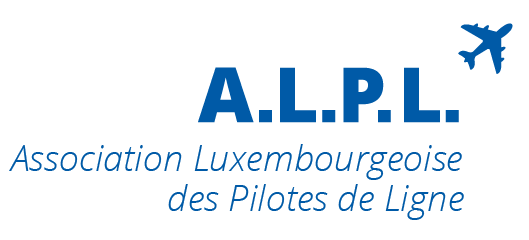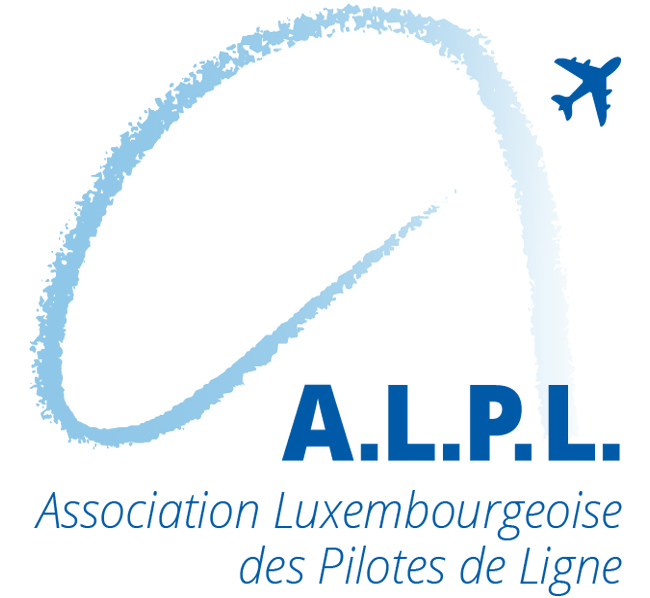The headlines above are just a glance at the most recent incidents that took place in the past weeks. They show that unruly, drunk passengers know no boundaries and no limits – their behavior can disrupt any flight, operated by any airline all over the world at any time. Incidents occur now on every 1424th flight worldwide, according to IATA. And will continue to increase their frequency because there is no efficient way to – first of all – prevent potentially unruly passengers to board an airplane and then, possibly, penalize offenders.
This sober realisation however has done little to inspire governments across the EU – and worldwide – to ratify the ICAO Montreal Protocol (MP 14). This protocol is somewhat the only tool that gives hope that unruly passenger incidents could be reduced at a global scale.
The existing legal framework dealing with unruly passengers, contained in the Tokyo Convention on offences committed on aircraft (1963), proved ineffective so far as it grants jurisdiction over offences solely to the state of the registration of the aircraft. This leads to a situation where – upon landing – the Commander delivers an unruly passenger to authorities that simply have no jurisdiction. As a result, unruly passengers are mostly released and allowed to continue their journey without sanctions and free to do the same on their next flight.




